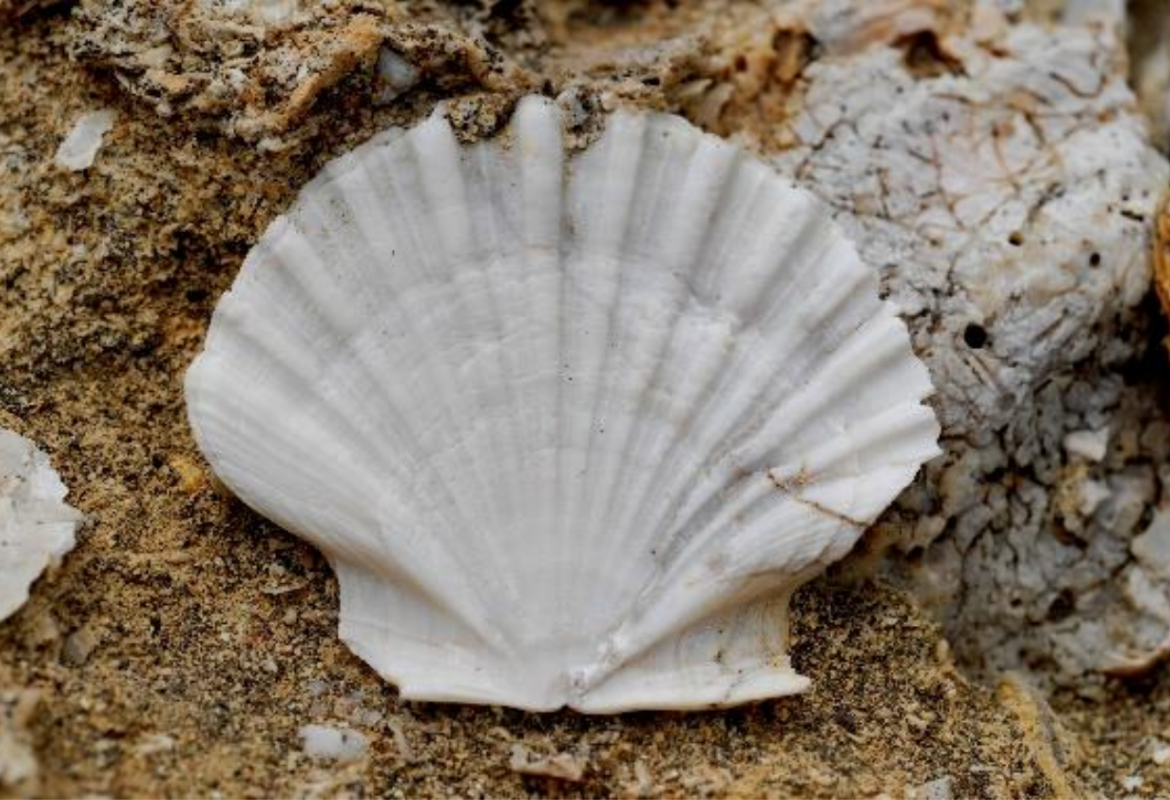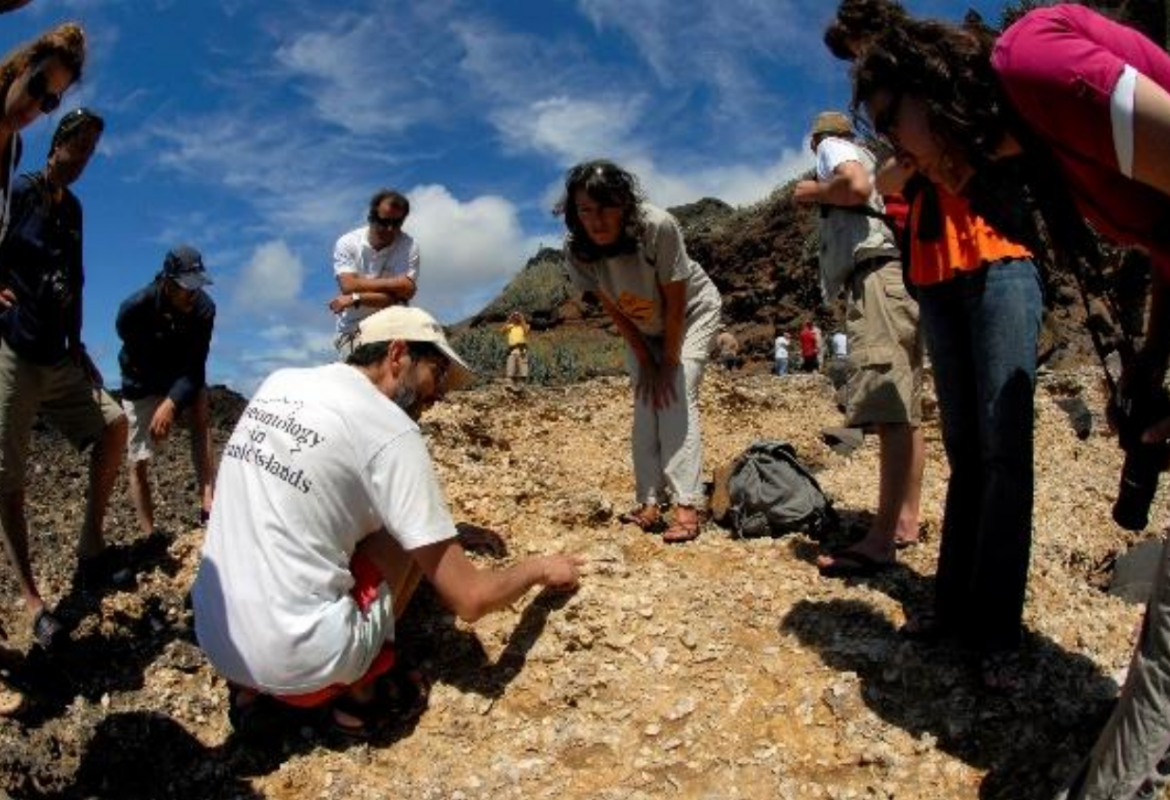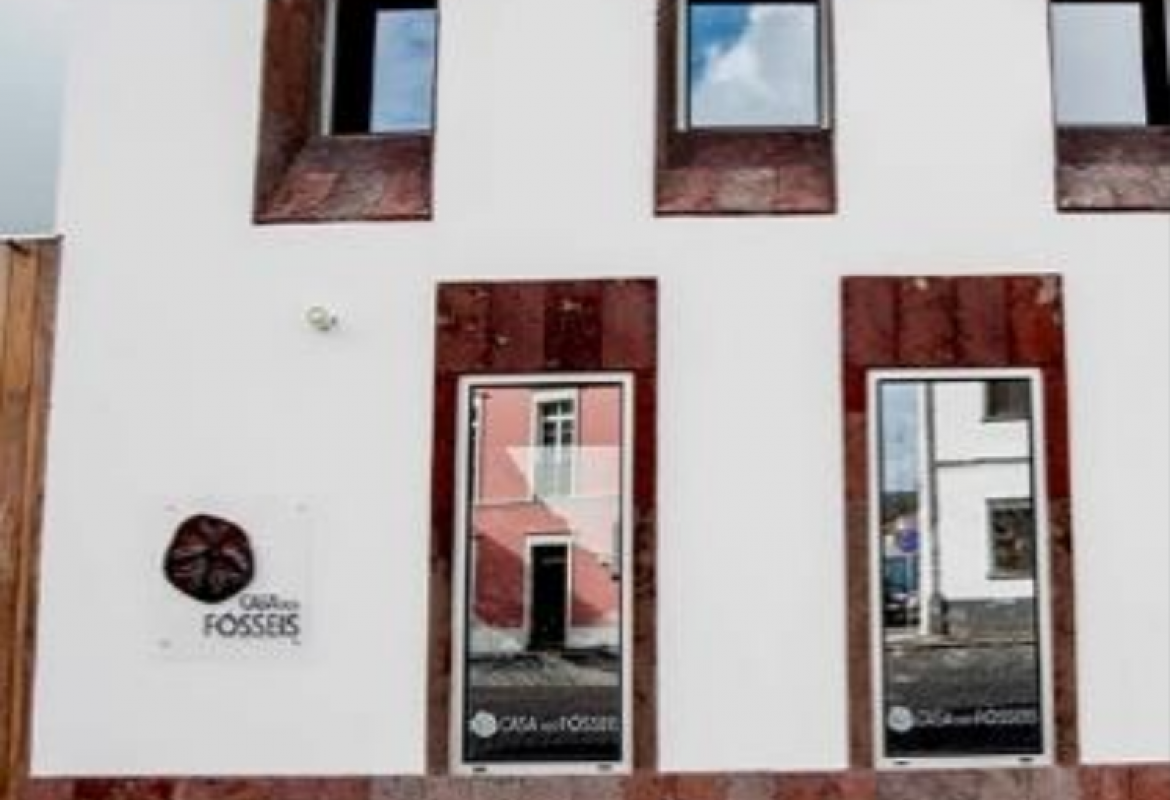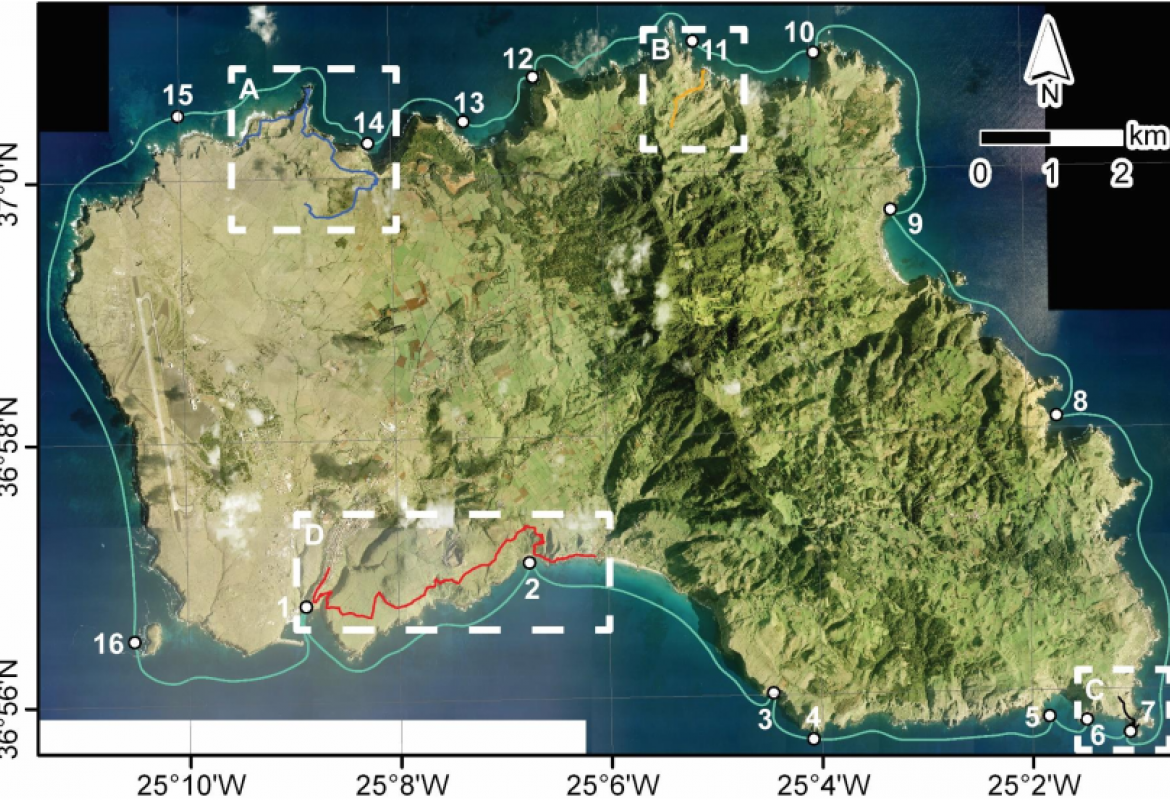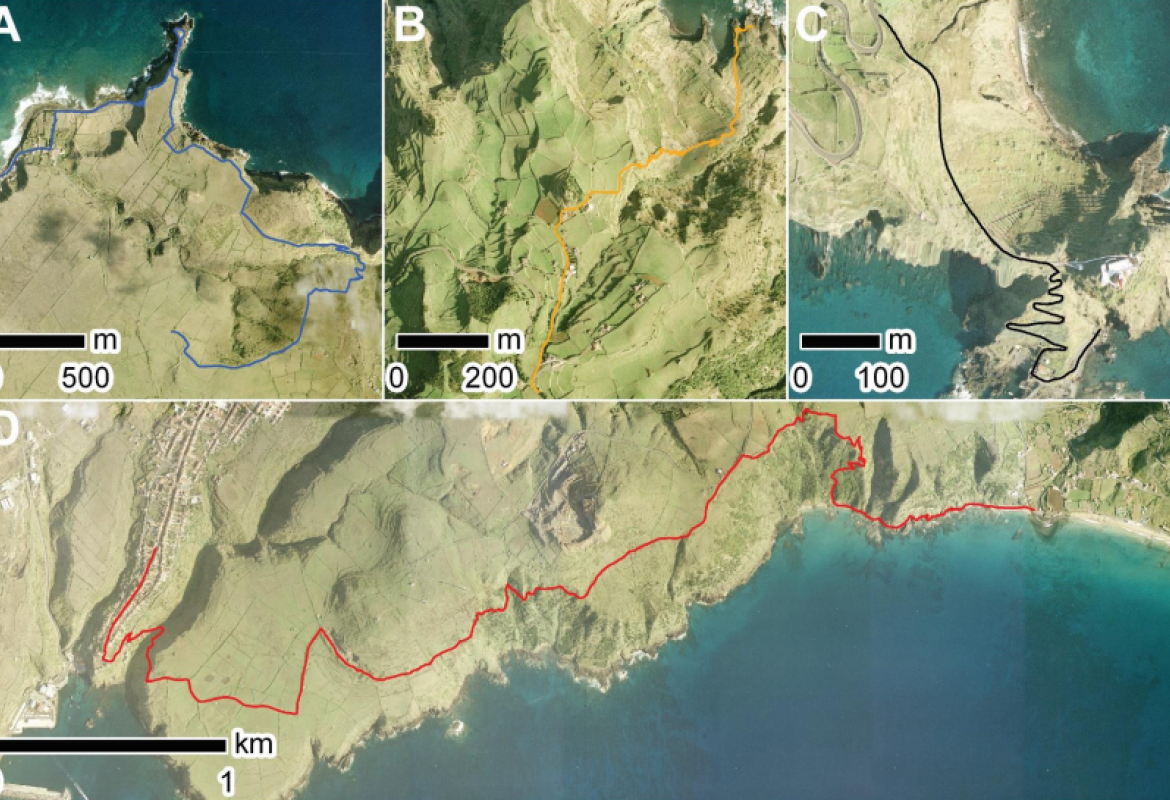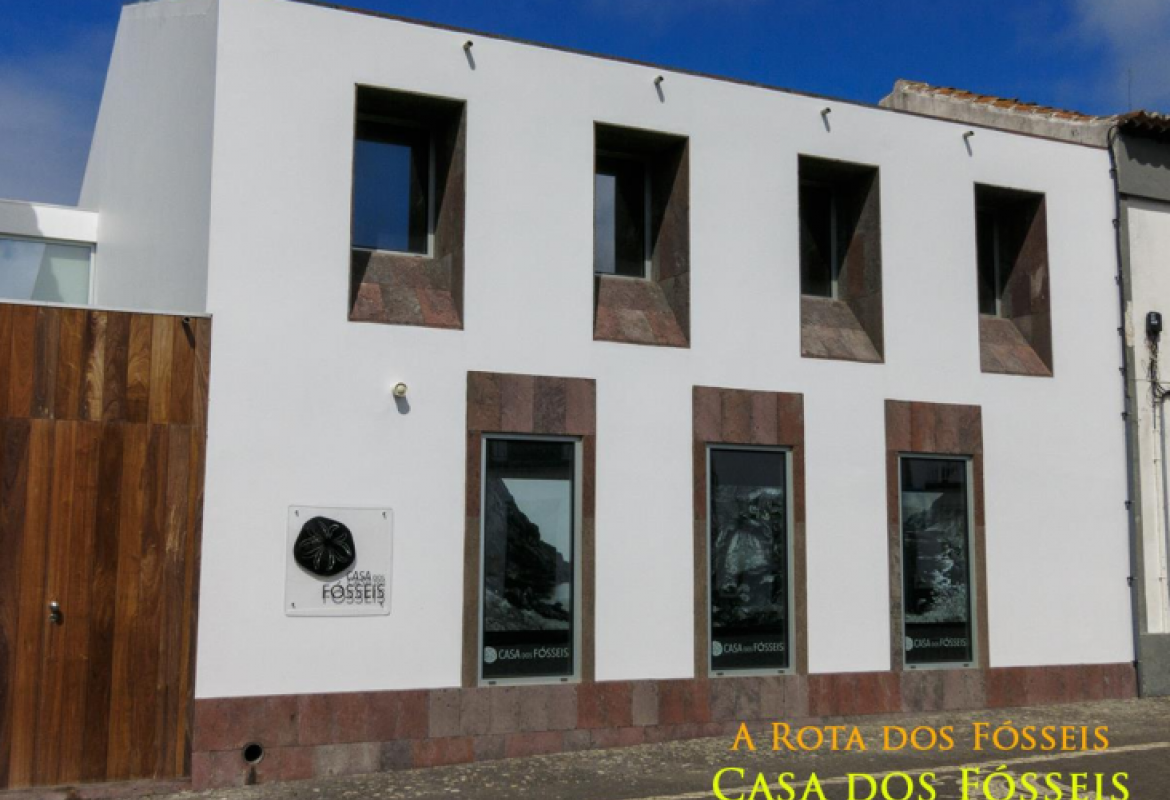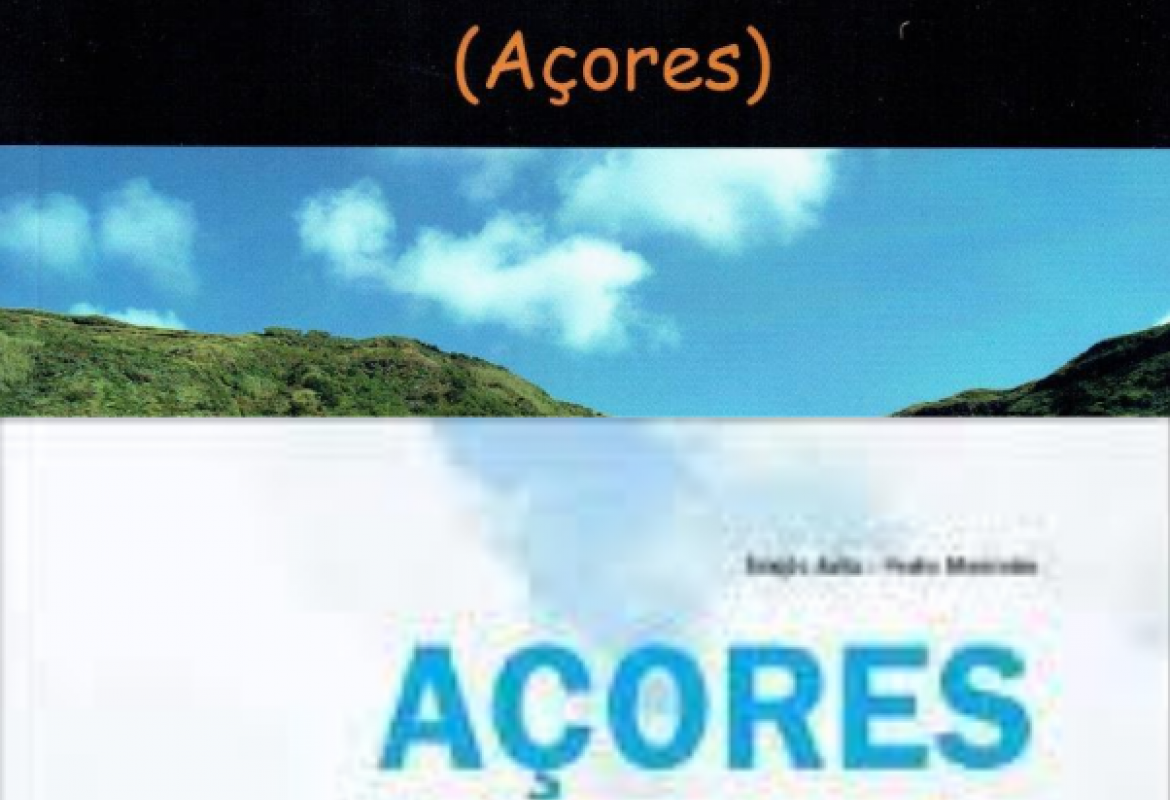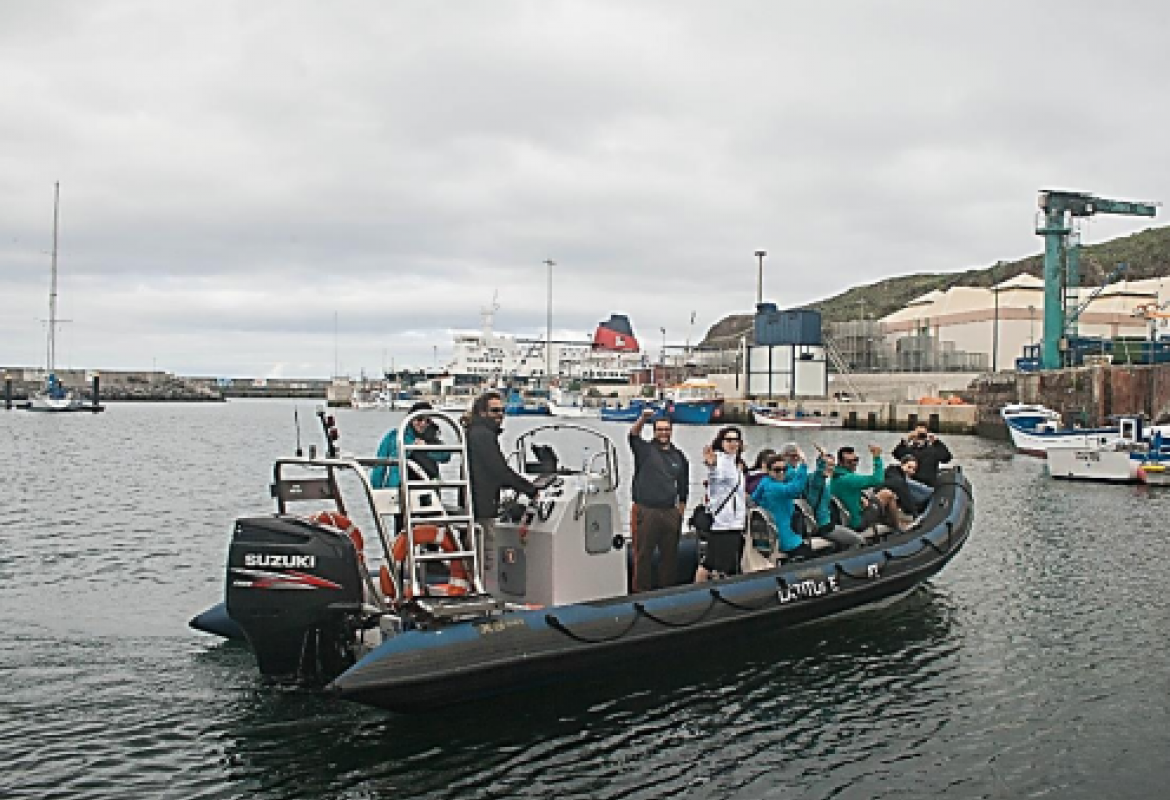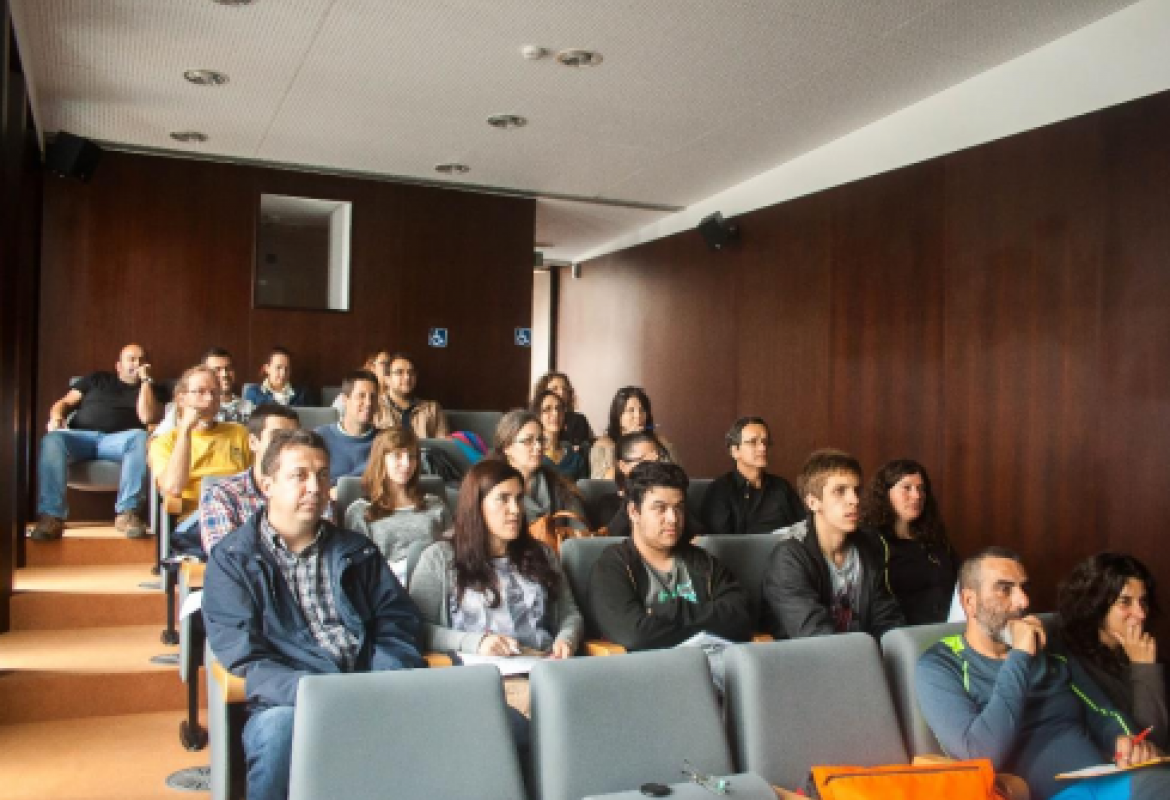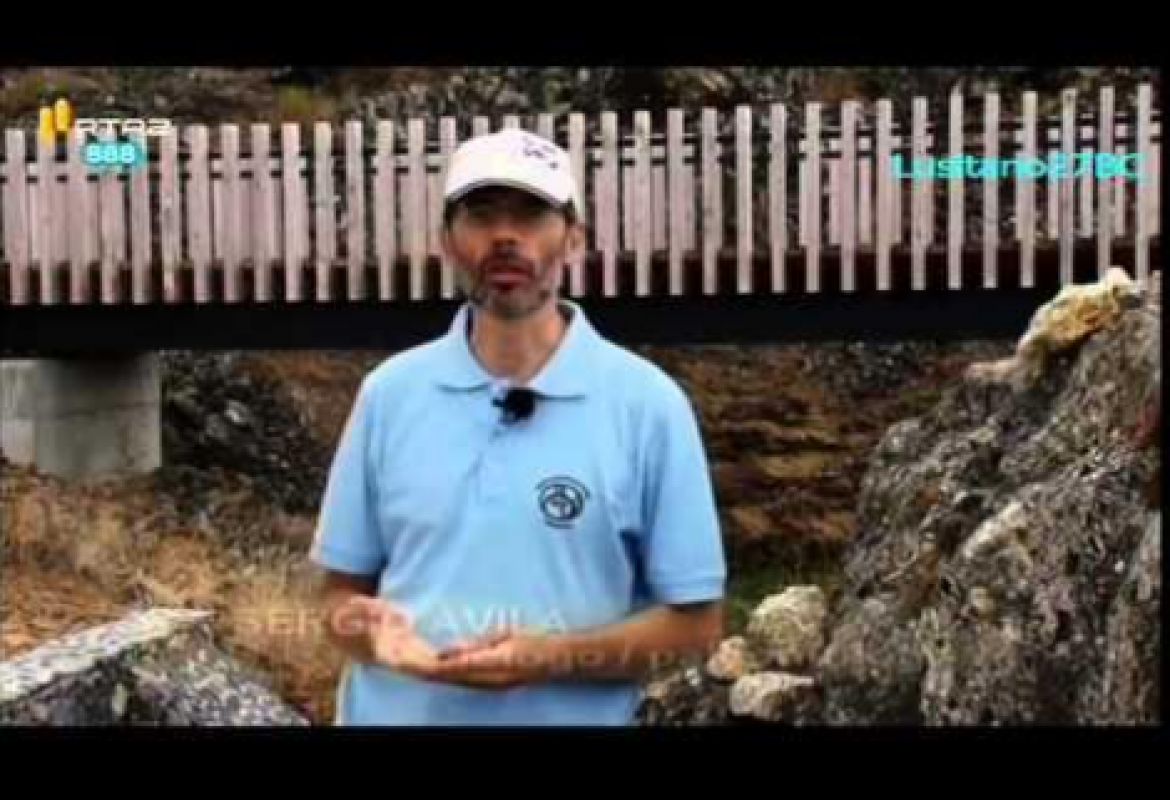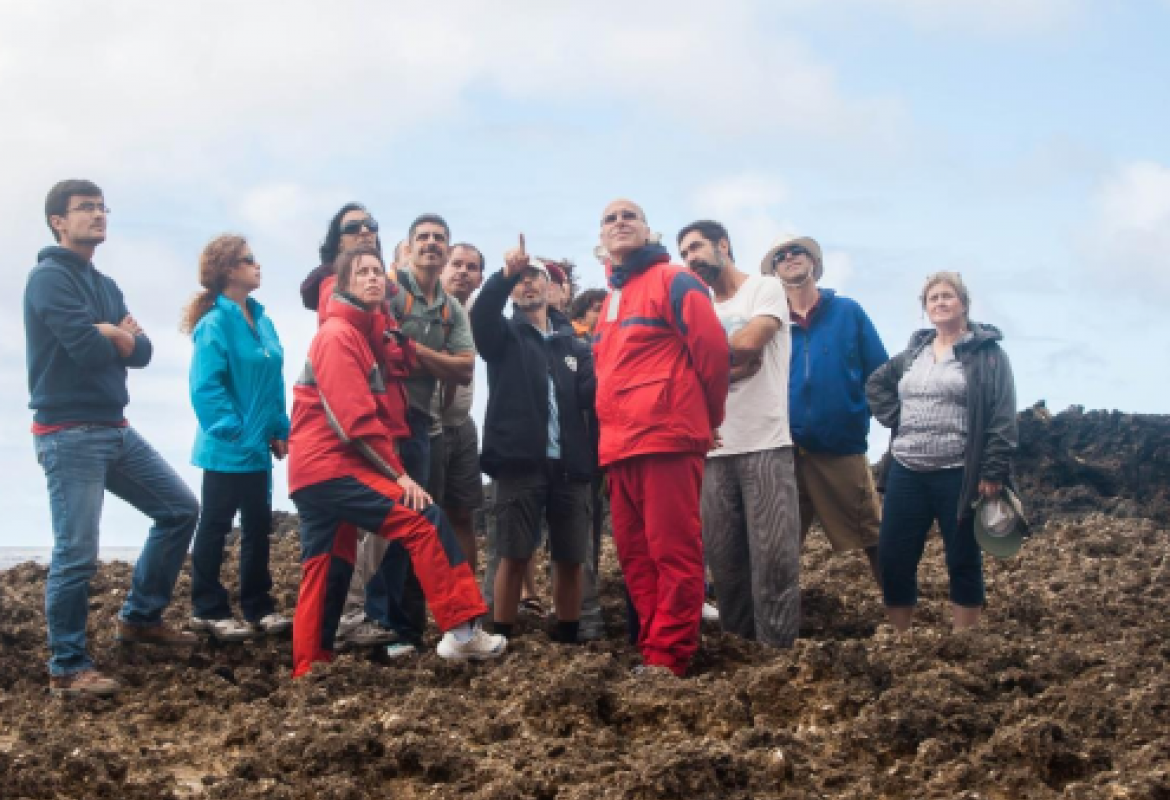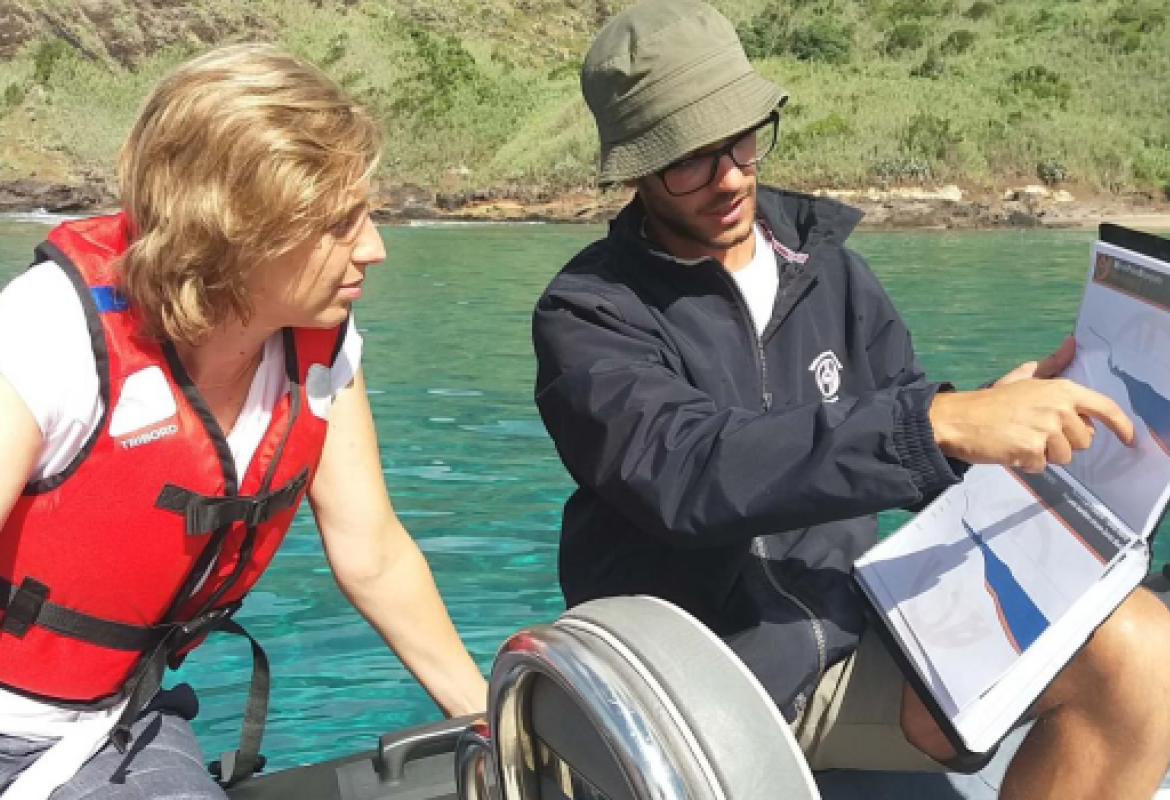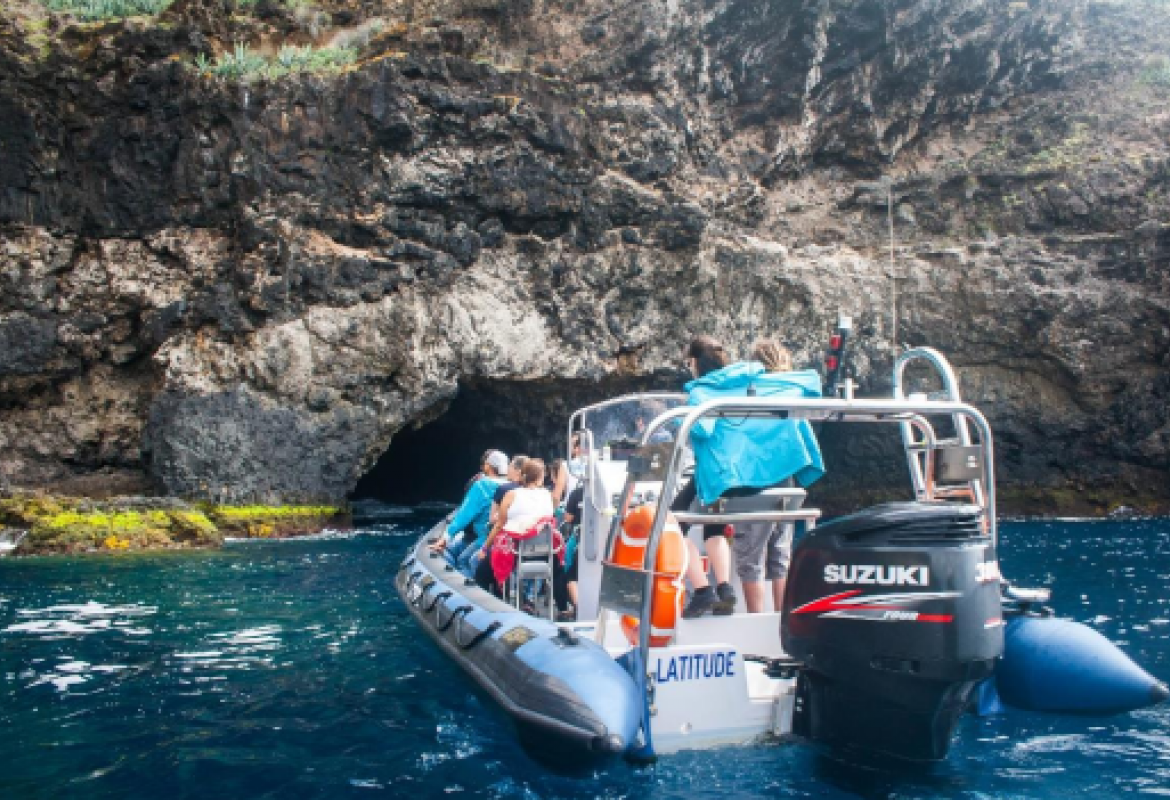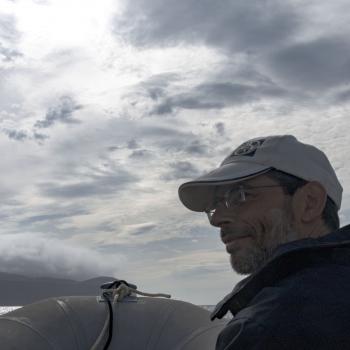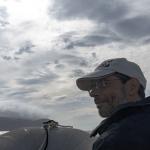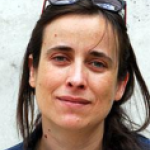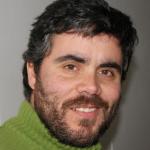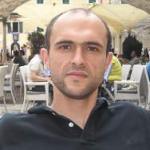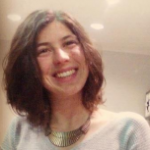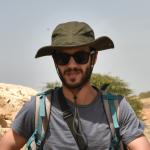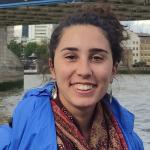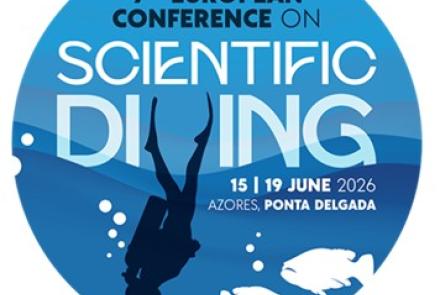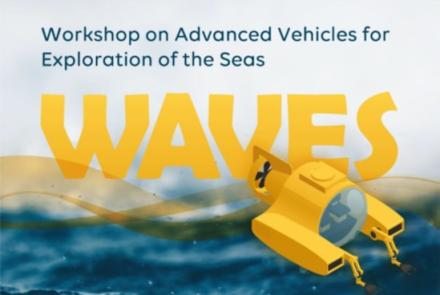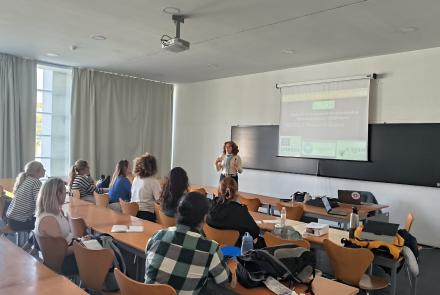MPB – Paleontologia e Biogeografia Marinha
MPB team is one of the 8 research groups of CIBIO-Açores and is currently composed of 18 researchers: six senior researchers, six Ph.D. students, one M.Sc. student, four graduated biologists/geologists and one undergraduate student. MPB’s scientific network includes over 80 researchers and they are currently involved on several projects, of which the “Macaronesian PalaeoBiodiversity Database” is highlighted. Its members study a wide range of marine groups (e.g., molluscs, echinoderms, bryozoans, crustacean decapods, crustacean balanids, crustacean ostracods, foraminifers, corals, selaceans, whales, bony fishes, calcareous algae), both Recent and fossil, from a palaeontological, (palaeo)biogeographical, (palaeo)ecological, and (palaeo)climatic perspective.
Our research is focused on the Atlantic Ocean insular systems, and include the following areas: Marine Island Biogeography Theory; Geological processes in volcanic oceanic islands; Island ontogeny and sea-level changes impact on marine organisms; Spatial-temporal biogeography and biodiversity patterns; Local/global climate changes; Evolution of marine species in volcanic oceanic islands, including the study of biological traits and drivers of speciation and extinction/extirpation; Taxonomy and systematics of selected marine invertebrate groups.
We use several research tools: Geochronology; Isotopic analysis; Big Data Analysis; Modelling; Statistics, and quantitative tools; GIS-based tools; Unmanned observation drones; Professional video and photography.
Besides the fundamental research in Marine PalaeoBiogeography, we also promote the sustainable use of the insular palaeontological heritage in association with the "PalaeoPark Santa Maria". For this, new methods were developed to evaluate the insular palaeontological heritage as well as management tools to improve the islands’ natural-resource sustainability and (palaeo)biodiversity conservation.
The specific objectives of MPB areas of research aim to: Assess the marine insular (palaeo)biodiversity and understand the (palaeo)ecological patterns and processes; Provide explanations for the marine phylogeographical patterns of selected taxa from the Atlantic archipelagos; Understand the marine (palaeo)biogeographic and evolutionary patterns and processes occurring in volcanic oceanic islands throughout geological time; Improve and further test the Sea-Level-Sensitive dynamic model of Marine Island Biogeography; Evaluate and promote the Macaronesian palaeontological heritage; Develop management tools that will contribute to improve the Macaronesian natural-resource sustainability and (palaeo)biodiversity conservation.
MPB team is also in charge of the curation of the scientific collections (both fossil and recent) of the Department of Biology of the University of the Azores (DBUA).
For a long time, we have been highly committed to outreach activities, which include: the writing of books, TV documentaries, the "Route of the Fossils" trails and the "House of the Fossils’ Museum" on the island of Santa Maria.



